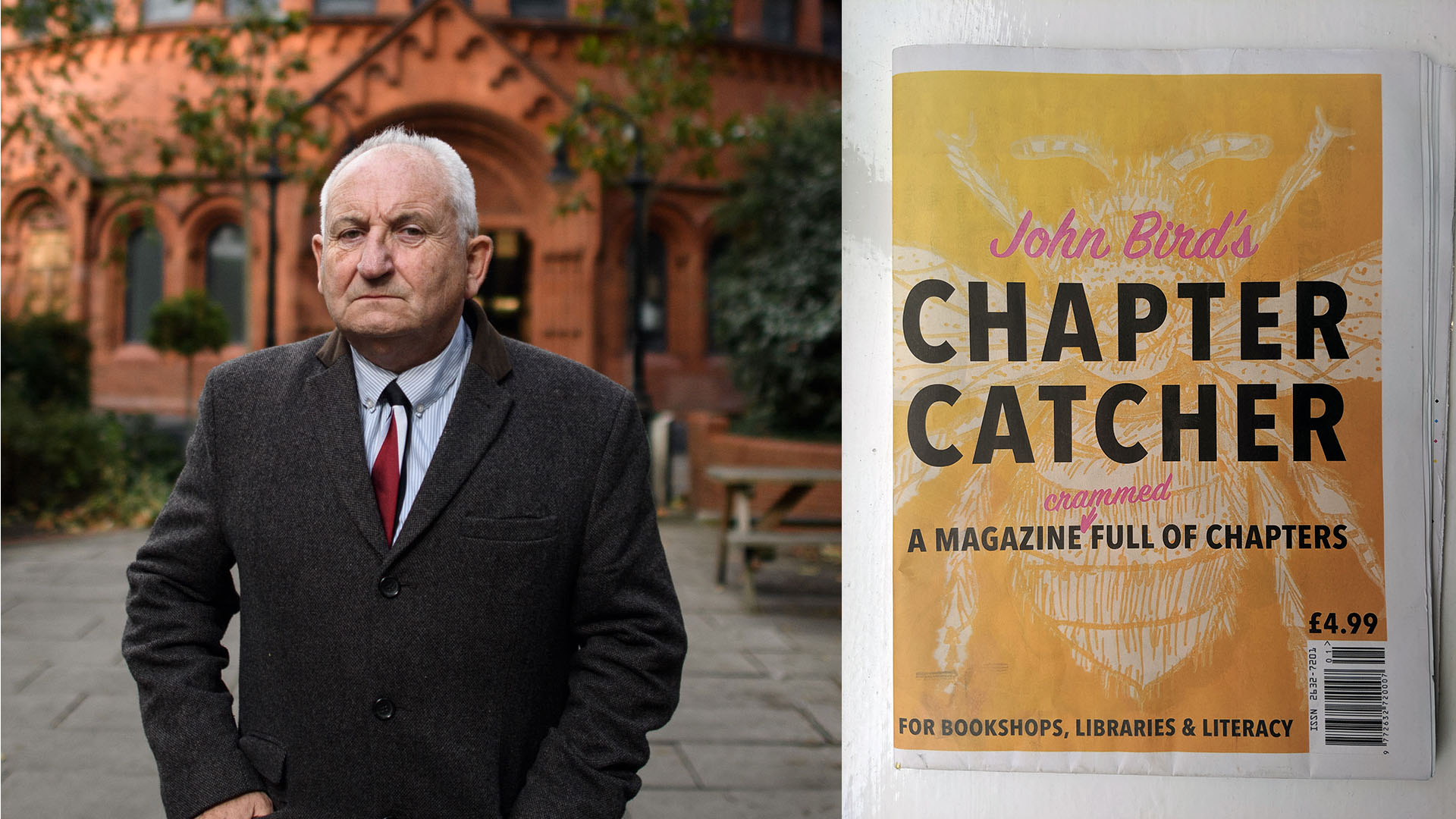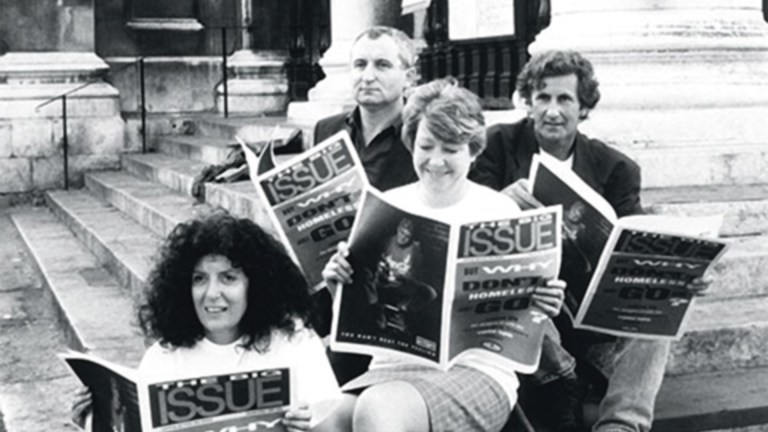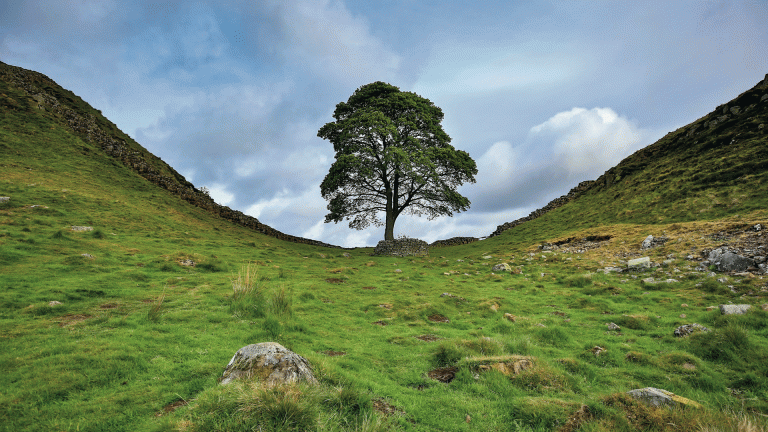The Chapter Catcher had its soft launch at the Hay Festival two weeks ago, and this week it has its proper launch, with Stephen Fry in attendance, at the House of St. Barnabas in London’s Soho Square. A quarterly magazine full of chapters, its purpose is to get people to ‘test drive’ their reading with a magazine that’s crammed full of chapters. We capture chapters from contemporary times, from lost times, from forgotten books, and from authors old and new.
The publicity and press we’ve had has led to a very large amount of traffic on social channels and articles in the media. And it’s been great fun talking about how we all need to read deeper, wider and without prejudice. For the complex world that’s getting more complex needs us to be cleverer and more knowledgeable than perhaps any other time in history.
All this, in fact, fits in neatly with a debate I’m leading in the House of Lords on June 20. Come and listen if you so wish, it’ll start a little before 3 o’clock. It’s about the need for a new look at future generations: that is, what we need to do to protect the interests of those who aren’t born yet by lifting our sights to the long term. How we make sure we don’t leave the crap that’s been piled so high in this current world as a legacy to those who’ll follow. How we need to root in prevention at the heart of our decision-making, and shift upstream to pre-emption and early interventions.
When I say come along and listen, I truly mean that. All you have to do is turn up at Parliament’s Cromwell Green entrance and you’ll get in, but be prepared to queue (and remember to bring ID). It’s a two-and-a-half-hour debate and you’re welcome to watch from the public gallery. If you do come along, you’ll get a taste of democracy, and get to listen to perhaps a dozen peers offer their take on what needs doing to ensure the voices of future generations are better represented in our policymaking processes. Why? So we can prevent the human race from joining the growing list of species that are facing extinction, and avoid future generations having such a rotten time on Earth because we, and earlier generations, have loaded the planet down with the grief of pollution, ecocide and irreparable climate change, making the world a pig’s ear of a place to live in.
And of course it’s the poorest among us who won’t be able to rocket off to other planets once the muck and the air have gotten so thick with poisons that the planet’s impossible to live on. The poorer you are, the poorer will be your chances of surviving any global heating, sea rise or weather extremes.
Our steer on the future generations debate, and my forthcoming Future Generations Bill, is inspired by the leadership of the Welsh Assembly in passing their Well-being of Future Generations (Wales) Act in 2015. This gave the permission – and a legal obligation – to improve people’s social, cultural, environmental and economic well-being in Wales. It requires public bodies to think about the long-term impact of their decisions, to work better with each other, and to prevent persistent problems from happening; including climate change. It also created the post of a Future Generations Commissioner, a job led superbly by Sophie Howe, to keep this biggest of issues at the forefront.











